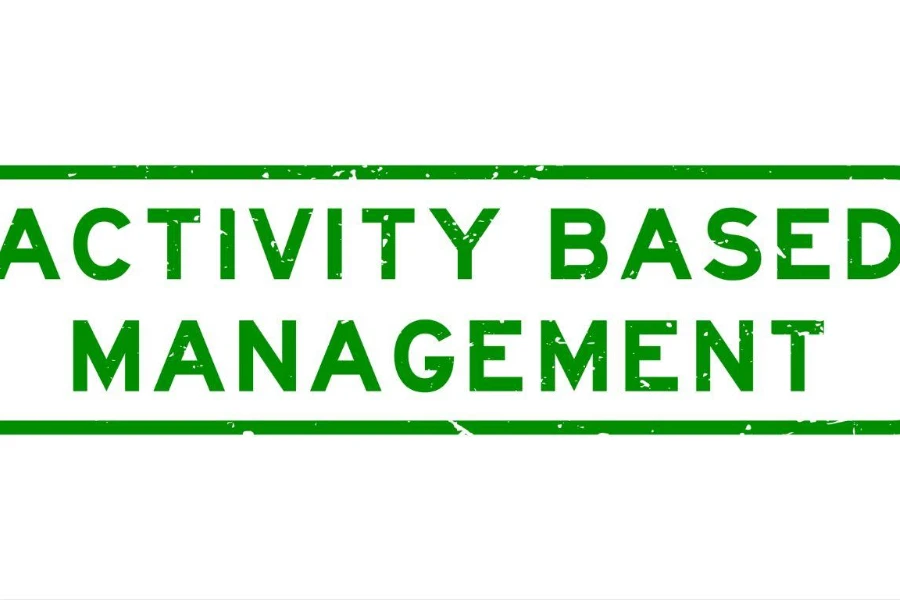In today’s rapidly evolving digital landscape, businesses are constantly seeking innovative strategies to stay ahead of the competition. Account-Based Marketing (ABM) emerges as a beacon for B2B companies aiming to align sales and marketing efforts towards high-value accounts. This article delves into the essence of ABM, unraveling its potential to transform traditional marketing approaches into personalized, efficient, and results-driven campaigns.
Table of Contents:
– Understanding account-based marketing
– The strategic approach to ABM
– Implementing ABM effectively
– Measuring success in ABM
– Future trends in account-based marketing
Understanding account-based marketing

Account-Based Marketing is a targeted strategy that concentrates resources on a set of identified target accounts within a market. It employs personalized campaigns designed to resonate with each account, considering its unique attributes and needs. Unlike broad-based marketing strategies that cast a wide net, ABM is like fishing with a spear, aiming precisely at the accounts that are most likely to convert.
This strategy requires a deep understanding of the target accounts’ business challenges and goals. It involves creating customized marketing messages and campaigns for each key account to foster engagement and build lasting relationships. The essence of ABM lies in its ability to tailor marketing efforts to specific accounts, making it a highly effective approach in the B2B sector.
ABM’s personalized approach not only increases the relevance of marketing efforts but also enhances the overall customer experience. By focusing on the needs and interests of high-value accounts, businesses can develop more meaningful interactions, leading to increased loyalty and higher conversion rates.
The strategic approach to ABM

Developing a successful ABM strategy involves several key steps, starting with account selection. Identifying and selecting high-value accounts is critical, as these will be the focus of personalized marketing efforts. This process often involves analyzing data to understand which accounts have the highest potential for revenue and growth.
Once the target accounts are identified, the next step is to gather insights about these accounts. This involves understanding their business challenges, decision-making processes, and key stakeholders. Such insights are crucial for developing personalized marketing messages and content that resonate with each account.
Collaboration between sales and marketing teams is another cornerstone of an effective ABM strategy. This alignment ensures that both teams work towards the same goals, using their insights and expertise to engage target accounts effectively. By working together, sales and marketing can create a seamless experience for the customer, from initial engagement to conversion and beyond.
Implementing ABM effectively

Effective implementation of ABM requires a mix of the right tools and technologies, along with a clear process for executing personalized campaigns. Marketing automation platforms play a crucial role in enabling personalized messaging at scale, allowing for the creation and delivery of customized content to target accounts.
Content is king in ABM, with a focus on creating high-quality, relevant, and engaging content that addresses the specific needs and interests of each target account. This could include whitepapers, case studies, personalized emails, and targeted advertising. The goal is to provide value and establish your company as a trusted advisor and solution provider.
Regular review and optimization of ABM campaigns are essential for ensuring their success. This involves analyzing performance data, gathering feedback from target accounts, and making adjustments to improve engagement and conversion rates. Continuous improvement is key to maximizing the effectiveness of ABM efforts.
Measuring success in ABM

Measuring the success of ABM campaigns is crucial for understanding their impact and optimizing future efforts. Key performance indicators (KPIs) such as engagement rates, conversion rates, and return on investment (ROI) provide valuable insights into the effectiveness of ABM strategies.
Beyond quantitative metrics, qualitative feedback from target accounts can also offer a deeper understanding of the impact of ABM efforts. This feedback can help identify areas for improvement and opportunities to further personalize marketing efforts.
Ultimately, the success of ABM should be measured not just in immediate results, but also in the long-term relationships built with key accounts. These relationships are a testament to the effectiveness of personalized, targeted marketing efforts in creating lasting value for both businesses and their high-value accounts.
Future trends in account-based marketing

As the digital landscape continues to evolve, so too will the strategies and technologies driving Account-Based Marketing. The integration of artificial intelligence and machine learning offers exciting possibilities for further personalizing marketing efforts and predicting the needs and behaviors of target accounts.
Another emerging trend is the use of account-based experiences (ABX), which extends the principles of ABM to encompass the entire customer journey. This holistic approach ensures that every interaction with a target account is personalized and cohesive, from initial awareness through to loyalty and advocacy.
As businesses seek to navigate the complexities of the B2B market, the importance of a strategic, targeted approach cannot be overstated. Account-Based Marketing represents not just a tactic, but a fundamental shift in how B2B marketing is conducted. By focusing on building deep, meaningful relationships with high-value accounts, businesses can achieve unprecedented levels of engagement, conversion, and growth.
Conclusion:
Account-Based Marketing stands as a testament to the power of personalization in the B2B sector. By focusing efforts on high-value accounts with precision and care, businesses can foster meaningful relationships that lead to significant growth and success. As we look to the future, the principles of ABM will continue to guide the way toward more targeted, efficient, and impactful marketing strategies.



